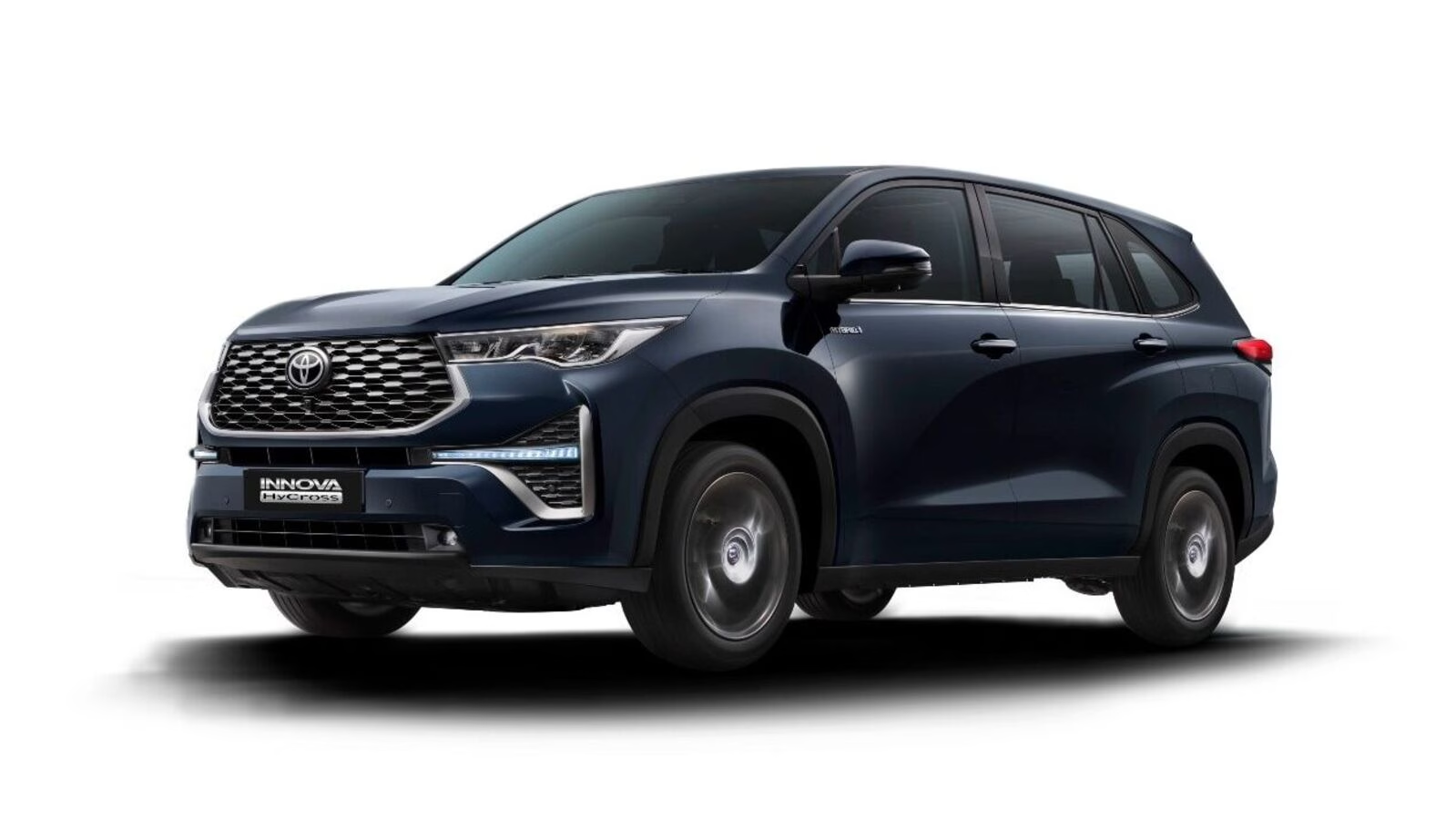Whether you’re a first-time car buyer or a seasoned driver looking to upgrade, walking into a Toyota showroom can be both exciting and overwhelming. With sleek models, cutting-edge technology, and a reputation for reliability, Toyota continues to be a top choice for car buyers worldwide. But before you make a decision, it’s essential to be armed with the right questions. After all, a car is a long-term investment.
In this guide, we’ll cover 5 Things to Ask at a Toyota Car Showroom near You, and we’ll also tackle one of the most common dilemmas buyers face: Toyota Diesel vs Petrol Cars: Which Should You Choose?
5 Things to Ask at a Toyota Car Showroom near You
When you visit a Toyota dealership, you’re not just there to admire shiny cars. You’re there to gather information that helps you make an informed decision. Here are five crucial questions you should ask:
1. What Are the Latest Offers and Discounts?
Car showrooms often run limited-time deals, promotional discounts, and finance offers. These can range from cashback to free service packages or lower interest rates on EMIs. Asking about current promotions might save you a significant amount of money.
2. What Is the Fuel Efficiency of the Car?
Fuel economy is a key concern for most buyers, especially in regions where fuel prices fluctuate. Ask for the real-world mileage figures in addition to official numbers. This is also a great segue into asking about Toyota diesel vs petrol cars, especially if you’re unsure which one suits your driving habits better.
3. What Are the Maintenance Costs and Service Intervals?
Toyota is known for its low-cost maintenance, but it’s wise to get specific figures. Ask about service intervals, cost of spares, and the average maintenance cost per year. Also, inquire whether the dealership offers service packages or warranties that cover maintenance.
4. What Are the Safety Features Available?
With the rise of advanced driver assistance systems (ADAS), safety has become a major selling point. Ask about standard and optional safety features like airbags, ABS, EBD, lane departure warning, and adaptive cruise control. It’s also helpful to check the car’s crash test ratings if available.
5. Can I Take a Test Drive of Both Diesel and Petrol Variants?
Before making a decision between diesel and petrol, always test drive both options. A short drive can give you insights into performance, engine noise, cabin comfort, and driving dynamics. Make sure to drive in varied conditions if possible—city traffic and highway speeds—to get a full picture.
Toyota Diesel Vs Petrol Cars: Which Should You Choose?
This is a big question for many buyers, especially with rising fuel costs and changing emission norms. Both diesel and petrol engines have their pros and cons. Let’s look which one is good Toyota Diesel Vs Petrol Cars: Which Should You Choose? Here’s a breakdown to help you decide:
1. Fuel Economy
Diesel: Generally offers better mileage and is more fuel-efficient, especially on highways. Ideal for long-distance commuters and those who drive more than 50-70 km daily.
Petrol: Slightly less fuel-efficient but still economical for city use and short daily commutes.
Verdict: If mileage is your top priority and you drive long distances regularly, diesel might be more economical in the long run.
2. Maintenance Costs
Diesel: Typically higher due to complex engine design and costlier components. Diesel engines also need more frequent attention to filters and injectors.
Petrol: Lower maintenance costs, simpler engines, and fewer wear-and-tear issues.
Verdict: Petrol wins for lower long-term maintenance, especially for occasional or urban drivers.
3. Driving Experience
Diesel: Offers better torque, which is great for highway cruising, towing, and hilly terrains. However, diesel engines can be noisier.
Petrol: Smoother, quieter, and more responsive in city traffic. Ideal for urban driving conditions.
Verdict: If you enjoy spirited driving or mostly travel in urban areas, petrol provides a more refined experience.
4. Initial Cost and Resale Value
Diesel: Usually more expensive upfront but can retain value better in the used car market (depending on location and emission regulations).
Petrol: Lower purchase cost but might depreciate slightly faster in markets that favor diesel vehicles.
Verdict: Diesel makes more sense if you plan to keep the car for many years or if diesel vehicles are in high demand in your area.
5. Environmental Impact
Diesel: Emits more NOx and particulate matter, although modern BS6 diesel engines are cleaner than ever before.
Petrol: Produces more CO2 but fewer particulates. Generally considered slightly cleaner for city air quality.
Verdict: Petrol cars are currently more favored in urban settings with strict emission norms.
Final Thoughts: Making the Right Choice
Choosing between a petrol and diesel Toyota depends largely on your driving habits, budget, and long-term plans. If you drive long distances daily and need higher torque, a diesel Toyota could be the better investment. However, if your driving is mostly within the city and you’re looking for a low-maintenance, quieter engine, a petrol Toyota might be ideal.
Before finalizing your purchase, make sure to revisit the 5 Things to Ask at a Toyota Car Showroom near You to ensure you cover all your bases. Also, take your time to compare different models like the Toyota Innova Crysta, Toyota Fortuner, or Toyota Glanza—each available in various engine configurations.
Whether you lean toward a diesel workhorse or a petrol cruiser, Toyota offers something for every type of driver. Make your decision after careful evaluation and don’t hesitate to ask the dealership to break down numbers, features, and differences in real terms.
In Summary:
- 5 Key Questions to Ask: Offers, mileage, maintenance, safety, and test drive options.
- Toyota Diesel vs Petrol: Diesel for long hauls and fuel economy; petrol for city life and lower upkeep.
- Pro Tip: Always test drive and review fuel economy vs. maintenance costs to determine long-term value.
Next time you visit a Toyota car showroom near you, go prepared. Your perfect vehicle—diesel or petrol—is waiting.








